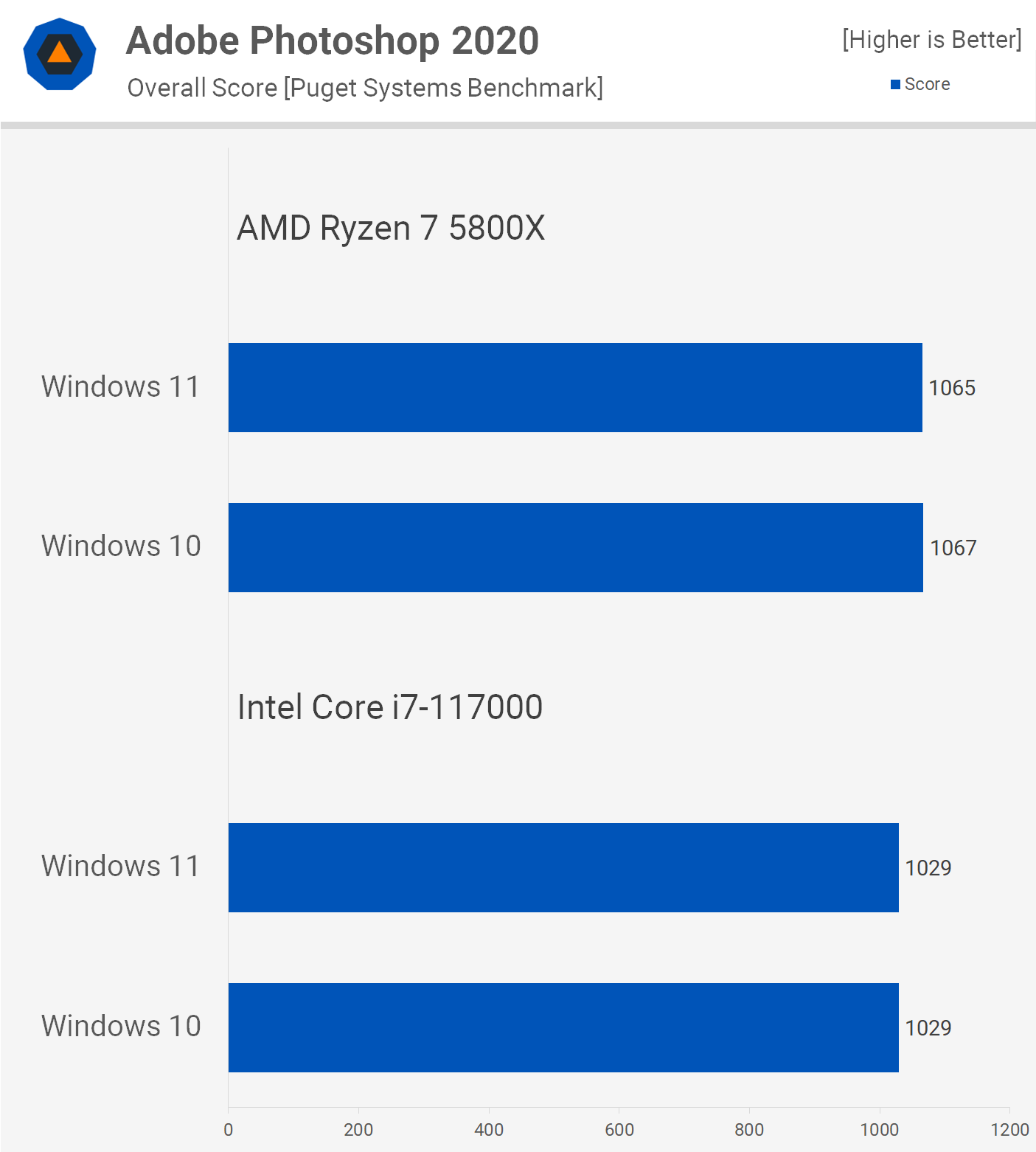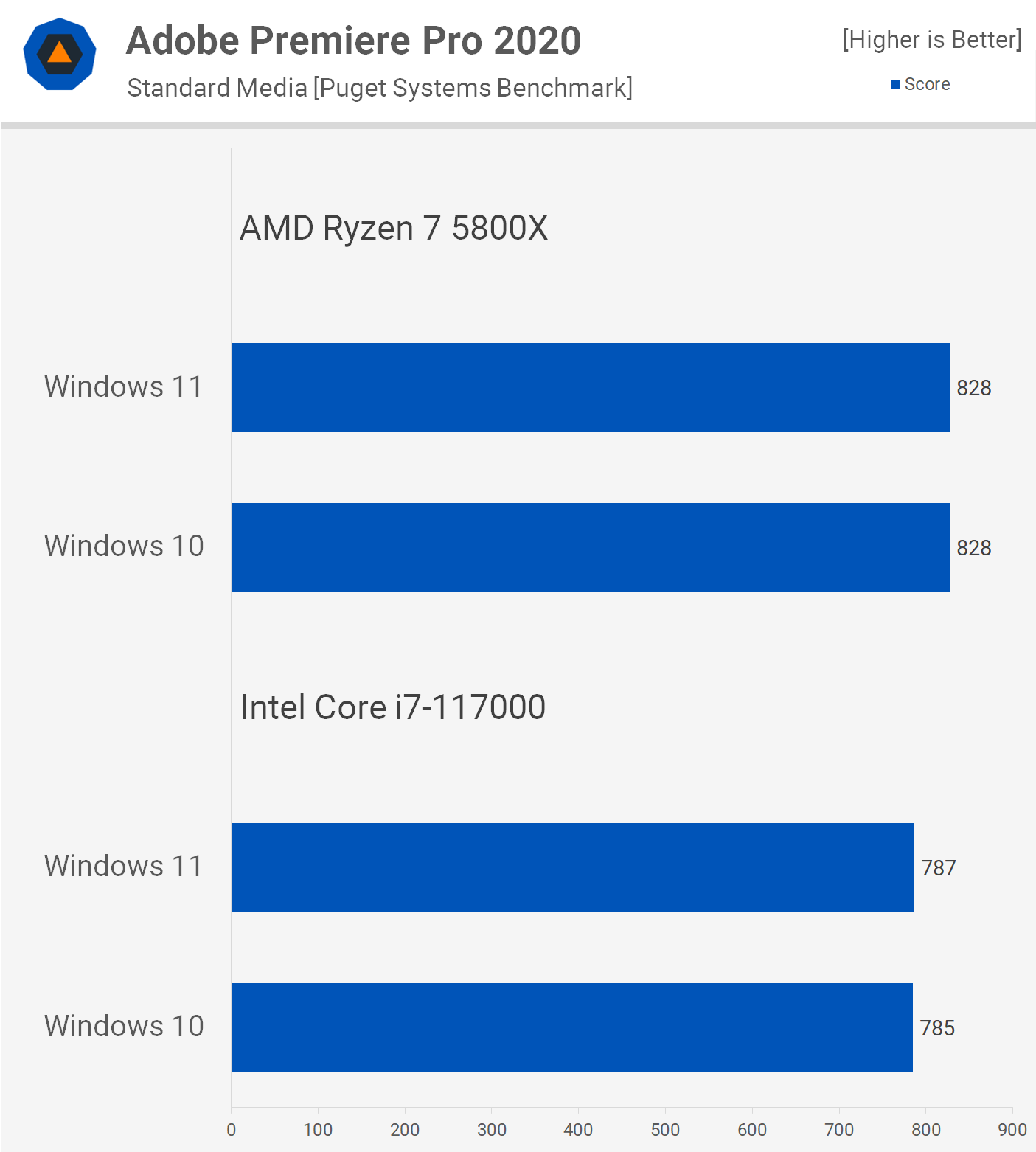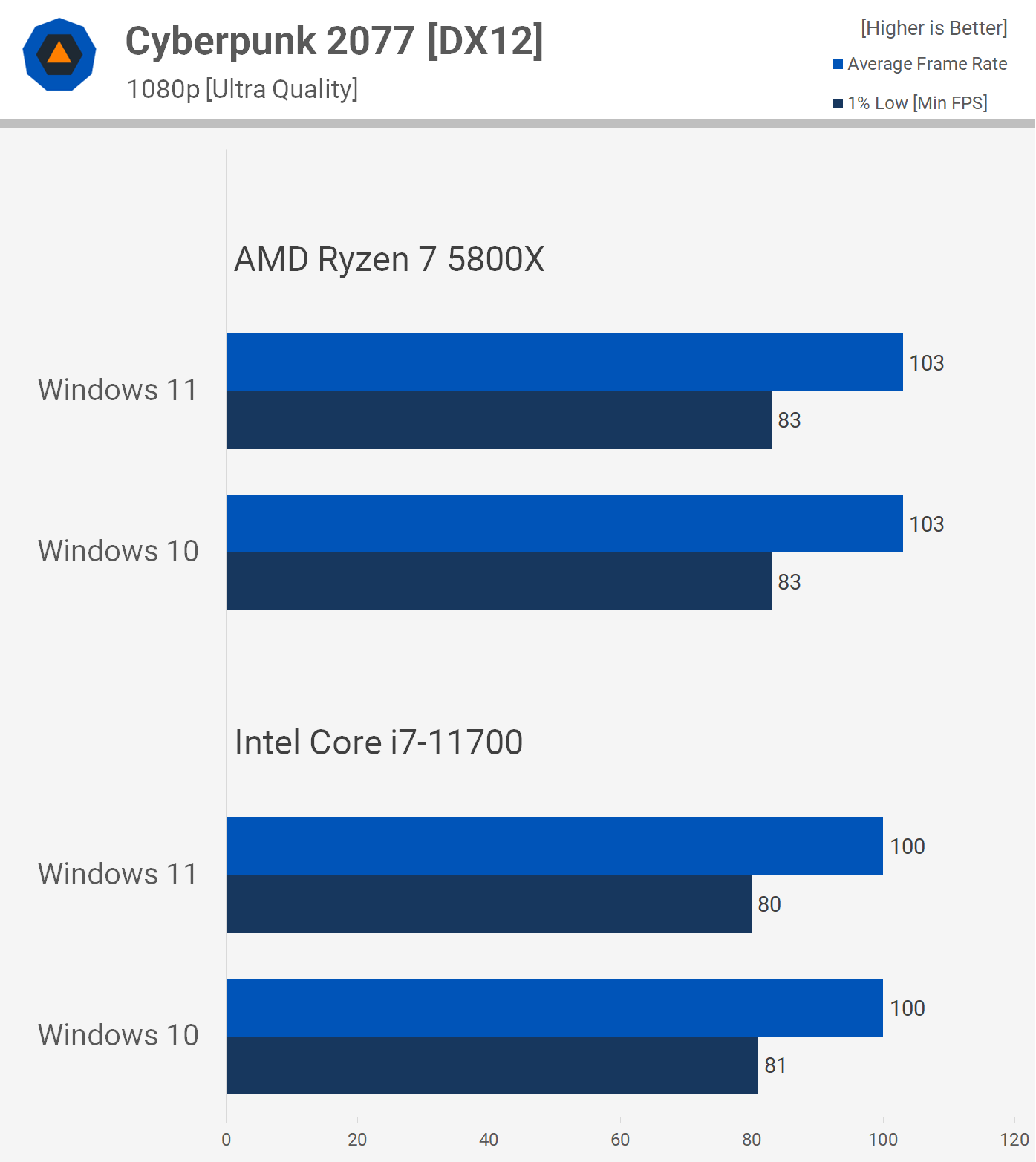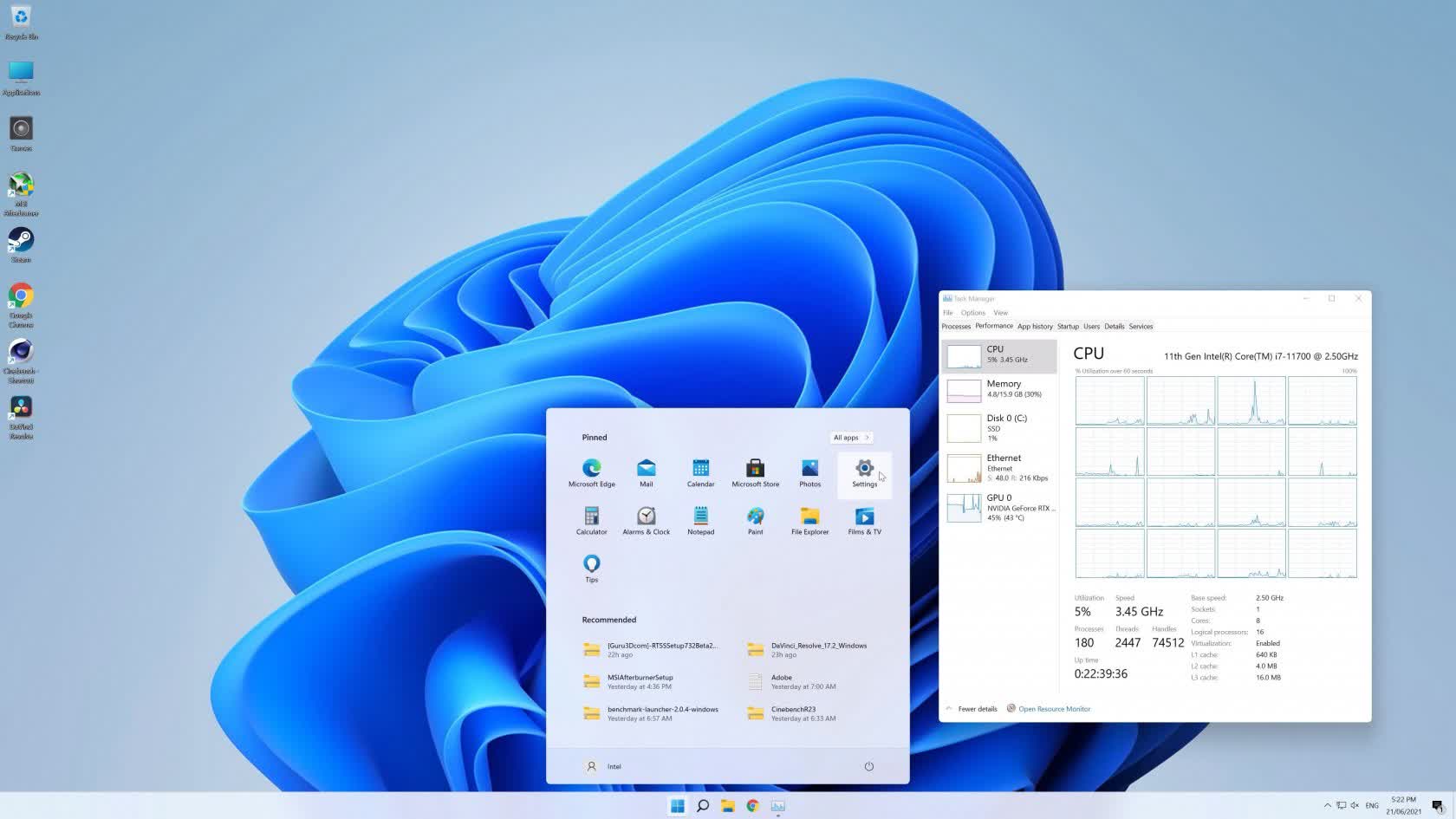Windows 11 is coming and some of you have been trying out the leaked ISO as have multiple media outlets and YouTubers. We didn't plan on benchmarking the new operating system just yet, at least until it's officially released or some official beta became available, but with so many others posting Windows 11 benchmarks with very mixed results, we thought we should take it for a spin and see what the real deal is.
So, this is no more than a Windows 11 preview and it's well worth noting that this leaked version isn't the final version and therefore performance numbers are subject to change. We downloaded the ISO and made the necessary modifications, so that it could be installed on our test system. So far stability has been excellent, not a single crash and everything has worked. Personally, I'm not a huge fan of the Mac-alike look that Microsoft seems to have gone with, but it's not a big deal and I'm sure you'll be able to customize the appearance to suit your preferences.
We're not going to dive into all the changes, but we will say that Windows 11 is certainly based on Windows 10's core, we expect a smooth transition, but for the purpose of this article all we're interested in is performance.
Is Windows 11 faster, slower or the same as Windows 10? To find out, we've tested both AMD and Intel platforms. That is, a Core i7-11700 and Ryzen 7 5800X, both equipped with 16GB of DDR4-3200 CL14 dual-channel single-rank memory, a Noctua NH-D15 cooler, and a Gigabyte RTX 3070 Gaming OC graphics card. Let's get into the graphs...
Benchmarks
Right off that bat I'll admit, this won't be the most interesting set of benchmarks I've ever put out, at least in terms of performance margins. I've seen benchmark graphs claiming 5, 10, 15 and even 20% extra performance with Windows 11, sadly though for those of you running the latest AMD and Intel desktop CPUs, it doesn't look like the upcoming Microsoft operating system will net you any of that...



Running Cinebench R23 appears to reveal the exact same level of CPU performance for both Rocket Lake and Zen 3 processors. And 7-zip compression is no different. I'm not going to bother talking about most of the performance margins as they're insignificant. In the case of 7-zip, we're looking at no more than a 1% margin between the two Windows operating systems.

It's the same story when running the Blender Open Data benchmark, which is highly repetitive and extremely accurate. In short, no change in performance.



We see the same with Adobe software, doesn't matter if it's Photoshop, After Effects or Premiere Pro, we're looking at identical performance using either Windows 10 or Windows 11.

DaVinci Resolve Studio 16 provides us with the biggest margin yet, Windows 11 was 3% slower when using the Core i7-11700, though we see no change with the Ryzen 7 5800X. Although the data is based on a 3-run average I'd still allow for a 1% margin of error, and that means at most we could be looking at a 1% difference between the two operating systems. Either way, 3% is still a meaningless margin.
Gaming Benchmarks
Unfortunately there's nothing exciting to be seen here either. Across the 8 games tested we're looking at no more than a 1% variation in performance between the two operating systems, it's remarkable how similar the two perform, though ultimately not that surprising.








It's rare that we see noteworthy performance improvements for existing hardware when Microsoft releases a major OS update. In the past we've seen false claims of big performance gains, but they rarely hold up when properly investigated. It's unclear what changes have been made with Windows 11 that could improve system performance, and if any such changes have been made we have no idea which hardware configurations they're targeting.
Highly Anticipated
So there you have it, the leaked version of Windows 11 appears to be basically identical to Windows 10 in terms of performance. We're aware of other benchmarks out there claiming 5%, 10% and even greater performance gains with Windows 11, and while that might be true for certain hardware configurations, it wasn't for what we tested.
We've heard things like Windows 11 is faster due to a new scheduling update, but we've heard talk of scheduling improvements in the past that amounted to very little. It's possible super core-heavy CPUs might see an improvement, but we'd doubt it. We've also heard that Windows 11 will bring optimized scheduling improvements for hybrid CPUs featuring big and small cores, which totally makes sense. Newly unleashed hardware often calls for software updates, but those will come in the future.
Considering Windows 11's development was supposedly born out of Windows 10X, a lightweight version of the OS, it's only logical 11 would inherit some of those traits and that does seem to be true. But at least for the configurations we tested today, that didn't lead to any extra performance. Still possible that for lower-end systems Windows 11 could provide a bit of breathing room and perhaps that's something worth exploring when the OS is officially released.
There are other performance related benchmarks we could have run targeting stuff like storage and boot times, but for this initial testing I wanted to focus on application and gaming benchmarks. As far as I can tell though, Windows 11 is just a new build of Windows 10, and really could have been just that. It was Microsoft's original intention to stick with Windows 10 and make incremental updates over time, which they have been doing since it's release, after all Windows 10 looks quite a bit different in 2021 than it did in 2015.
But it'd seem like Microsoft is looking to spice things up a bit and rather than just release another major Windows 10 update, they're grabbing headlines with the unexpected Windows 11 story. Again, consider this a preview, though I wouldn't expect the official version to be much different in terms of performance, at least for the configurations tested here. Rest assured we'll be testing and following up with any important information.


